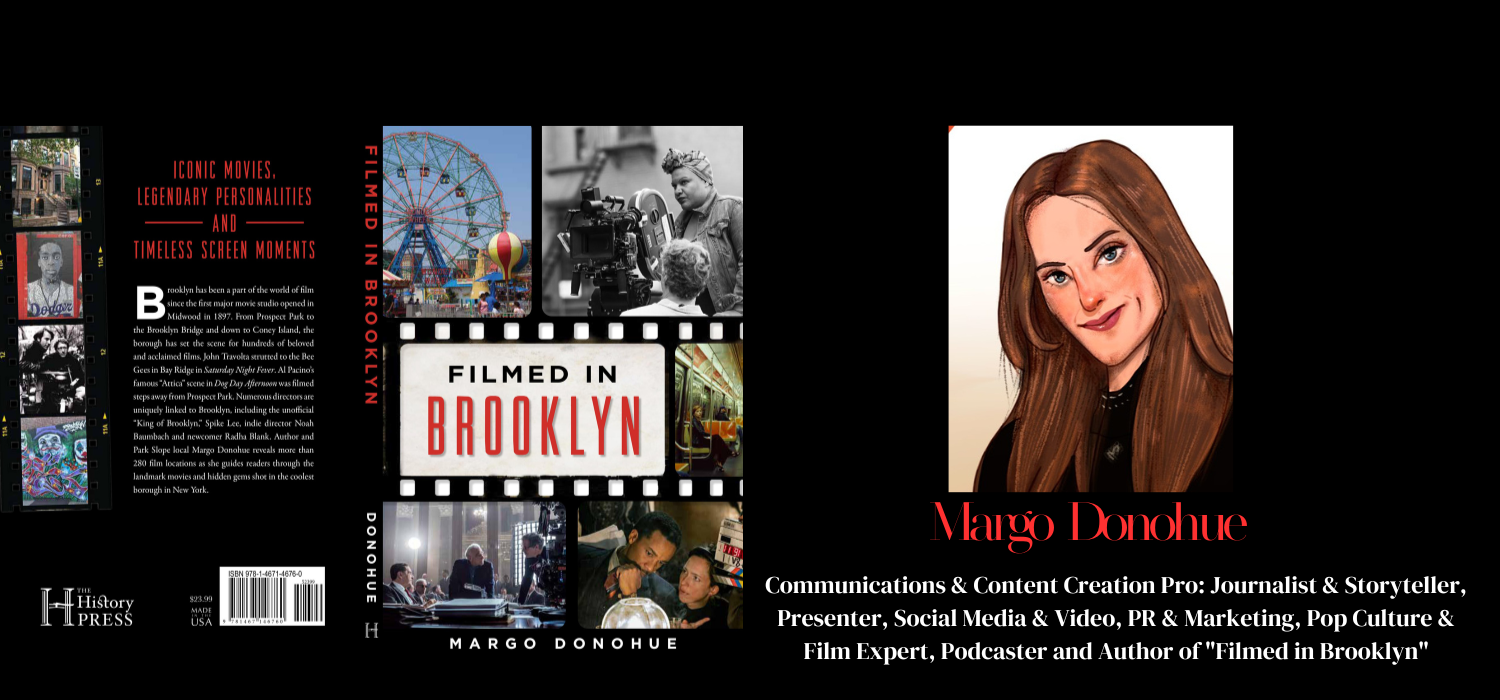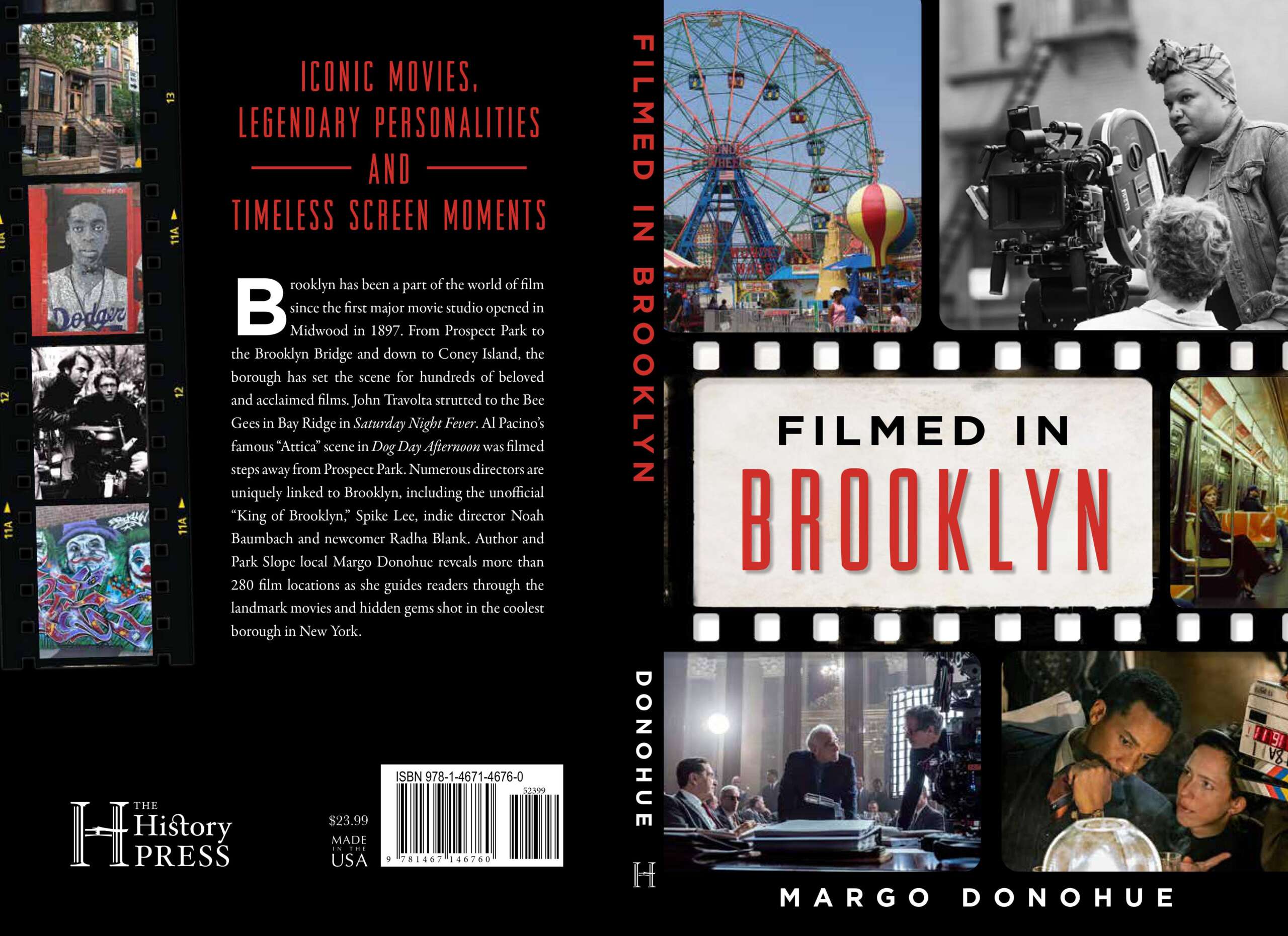` Book Vs. Movie “Musicals in March”
The 1926 Play Chicago Vs the 2000 Filmed Adaptation
Our second pick this month for “Musicals in March” is Chicago which has a rich history in two important cities–Chicago and New York City. The original play was based on the true-crime work of Maurine Dallas Watkins–a journalist and playwright who had a flair for juicy dialogue. Born in Louisville, Kentucky sometime around 1896 (the state has no record of her birth) Watkins was ambitious enough to try her hand at playwriting when most women were not taken seriously as writers.
On the advice of one of her instructors, Watkins moved to Chicago to work as a newspaper reporter. Her time at the Chicago Tribune only lasted eight months, but her coverage of accused murderers Belva Gaertner and Beulah Sheriff Annan caused a sensation with the “jazz babies” entering the imaginations of millions of readers. (She later felt guilty about making them sound more charming than they deserved.)
After joining the Yale School of Drama, she wrote the play “The Brave Little Woman” with characters “Roxie Hart” and “Velma” which later became Chicago. After a respectable run on Broadway (the touring company included a then-unknown Clark Gable), she went on to write 20 more plays and became a Hollywood screenwriter. By saving and investing her money, she made a fortune and retired to Florida when not traveling the world. She was never married or had children and died quietly in 1969.
After her death, stars Gwen Verdon and Bob Fosse bought the rights to Chicago and partnered with John Kander and Fred Ebb to work on the music & score after their combined success with Cabaret. The 1975 production was a slow burn due to the illness of Verdon until Liza Minelli subbed for her. The musical would lose most major TONY Awards to A Chorus Line but it went on to become a $2 billion franchise and the second longest-running show on Broadway since the revival in 1996.
The basic story of Roxie Hart, Velma Kelly, Billy Flynn, and “Mama Morton” is one of the old adages “if it bleeds, it leads” with the media portraying the boozy dames as 1920s nouveau heroes. The songs are some of the catchiest you will ever hear in one show including “All That Jazz,” When You’re Good to Mama,” Roxie,” “I Can’t Do it Alone,” and “Nowadays.”
Rob Marshall directed the 2002 film that stars Renee Zellweger (Roxie,) Catherine Zeta-Jones (Velma,) Richard Gere (Billy Flynn,) Queen Latifah (“Mama” Morton,) John C. Reilly (Amos Hart,) Christine Baranski (Mary Sunshine,) and Taye Diggs as the Bandleader.
So, between the original play and the musical adaptation–which did we prefer?
In this ep the Margos discuss:
- The origin story is based on real-life criminals in the 1920s
- How the musical originally came together
- The differences between the film and stage
- The musical is a cash cow for theater.
Clips used:
- TV ad 1977
- Chicago original trailer
- Jerry Orbach TONY Awards 1976
- Gwen Verdon & Chita Rivera 1977 Mike Douglas Show
- Richard Gere as Billy Flynn
- Queen Latifah as “Mama” Morton
- The Cell Block Tango
- Music by John Kander & Lyrics by Fed Ebb
Book Vs. Movie is part of the Frolic Podcast Network. Find more podcasts you will love Frolic.Media/podcasts
.
Join our Patreon page to help support the show! https://www.patreon.com/bookversusmovie
Book Vs. Movie podcast https://www.facebook.com/bookversusmovie/
Twitter @bookversusmovie www.bookversusmovie.com
Email us at bookversusmoviepodcast@gmail.com
Margo D. @BrooklynFitChik www.brooklynfitchick.com brooklynfitchick@gmail.com
Margo P. @ShesNachoMama https://coloniabook.weebly.com/
Our logo was designed by Madeleine Gainey/Studio 39 Marketing Follow on Instagram @Studio39Marketing & @musicalmadeleine



